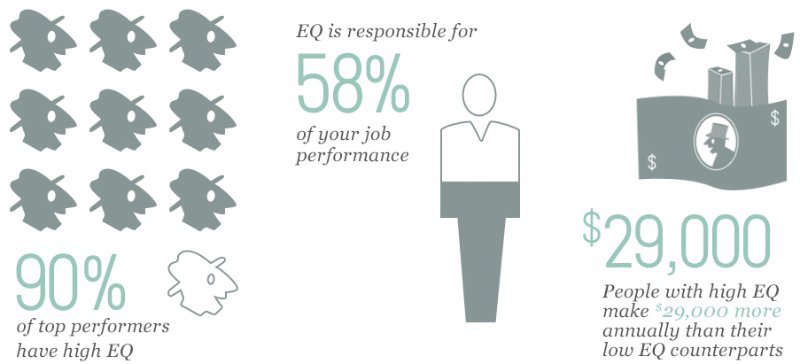 Careers in Wine
Careers in Wine
12 habits of Genuine People
There’s an enormous amount of research suggesting that emotional intelligence (EQ) is critical to your performance at work. TalentSmart has tested the EQ of more than a million people and found that it explains 58% of success in all types of jobs.
People with high EQs make $29,000 more annually than people with low EQs. Ninety percent of top performers have high EQs, and a single-point increase in your EQ adds $1,300 to your salary. I could go on and on.
Suffice it to say, emotional intelligence is a powerful way to focus your energy in one direction with tremendous results.
But there’s a catch. Emotional intelligence won’t do a thing for you if you aren’t genuine.
A recent study from the Foster School of Business at the University of Washingtonfound that people don’t accept demonstrations of emotional intelligence at face value. They’re too skeptical for that. They don’t just want to see signs of emotional intelligence. They want to know that it’s genuine—that your emotions are authentic.

Copyright TalentSmart.com
According to lead researcher Christina Fong, when it comes to your coworkers,
“They are not just mindless automatons. They think about the emotions they see and care whether they are sincere or manipulative.”
The same study found that sincere leaders are far more effective at motivating people because they inspire trust and admiration through their actions, not just their words. Many leaders say that authenticity is important to them, but genuine leaders walk their talk every day.
It’s not enough to just go through the motions, trying to demonstrate qualities that are associated with emotional intelligence. You have to be genuine.
You can do a gut check to find out how genuine you are by comparing your own behavior to that of people who are highly genuine. Consider the hallmarks of genuine people and see how you stack up.
“Authenticity requires a certain measure of vulnerability, transparency, and integrity.”
–Janet Louise Stephenson






